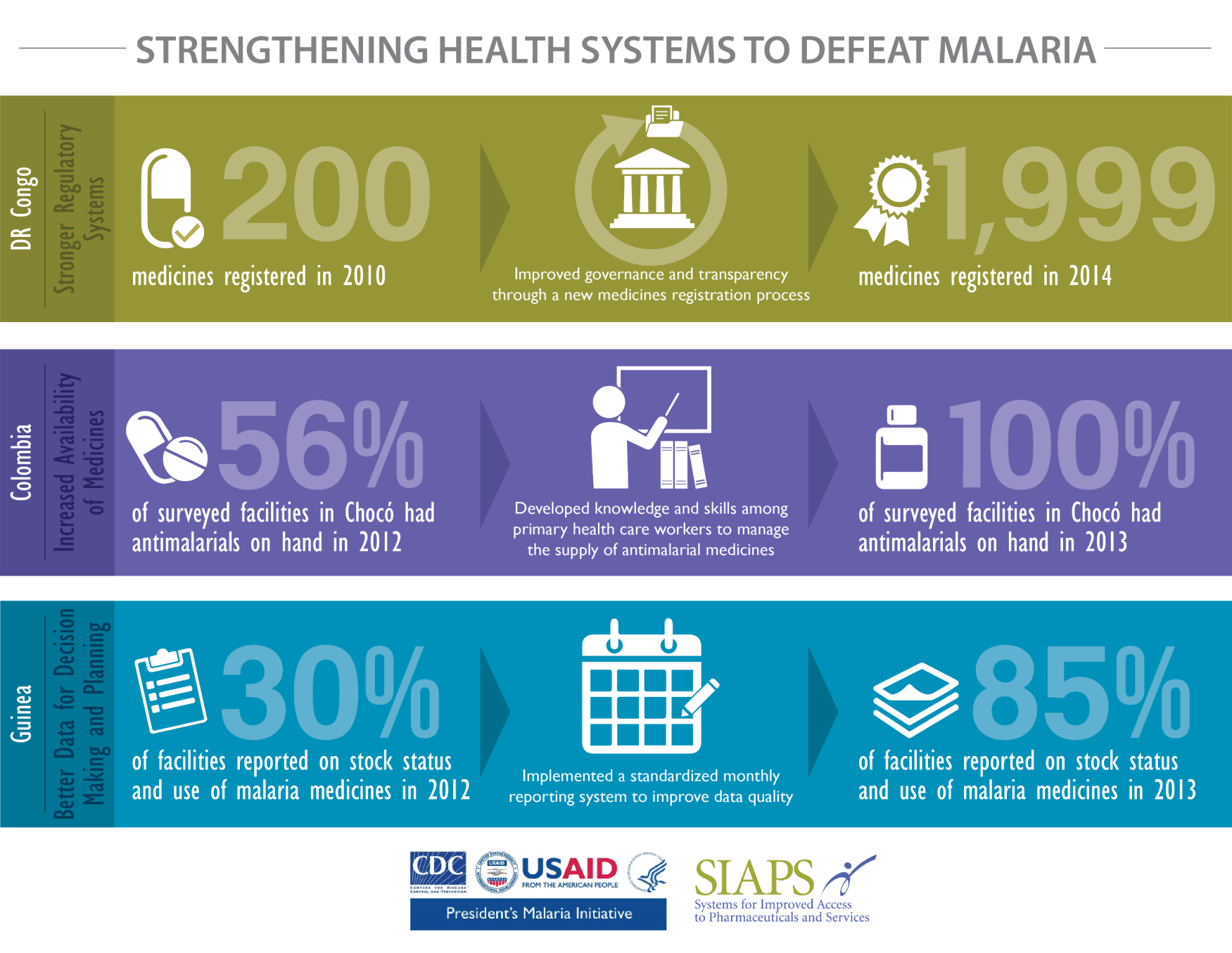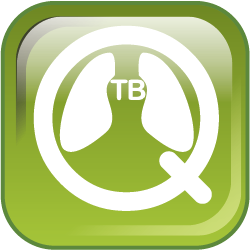SIAPS in the News
SIAPS Guinea was recently featured on the website, africaguinee.com, in recognition of its work training staff at the Central Pharmacy of Guinea (PCG) in best practices for pharmaceutical management. PGC’s Director General, Dr. Moussa Konaté, opened the training sessions by emphasizing the responsibility of the Central Pharmacy to properly manage essential generic medicines to ensure optimum health … Read more



